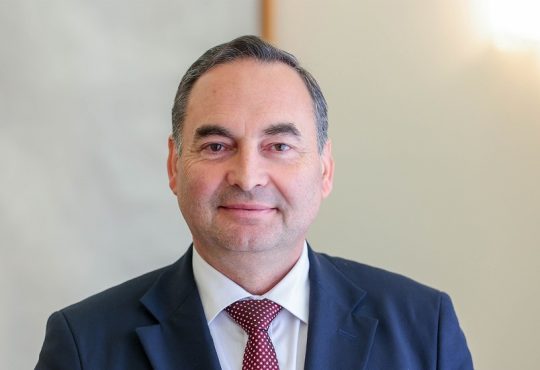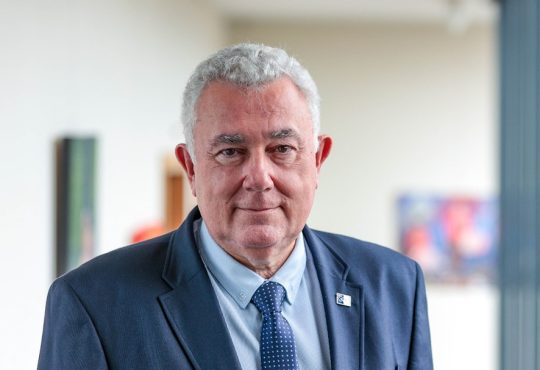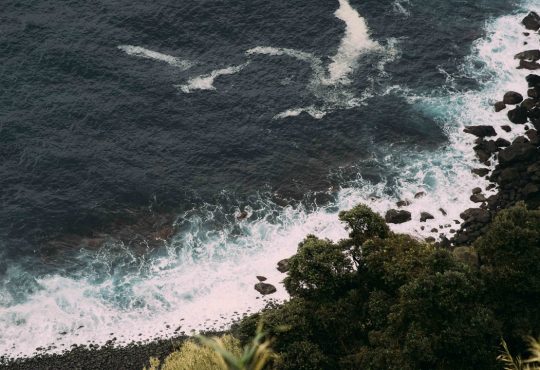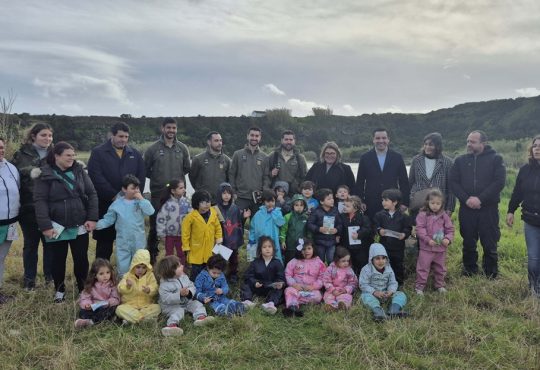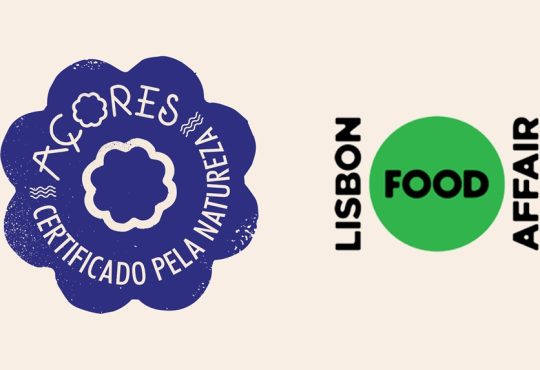TERCEIRA | Berta Cabral wants to create Cultural Tourism and Military Tourism Routes for Angra do Heroísmo
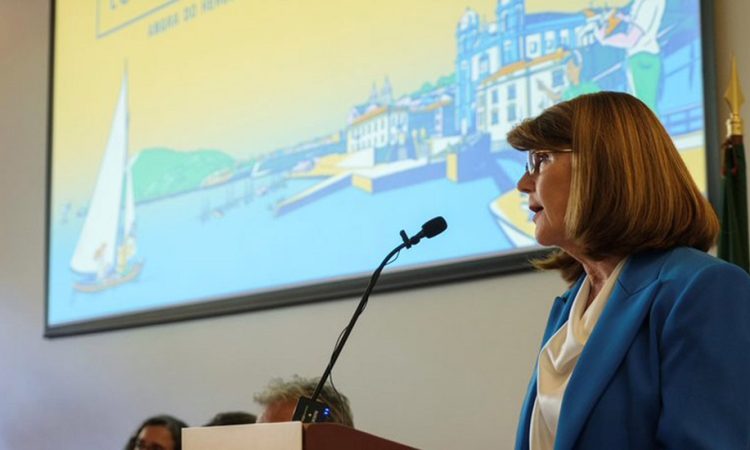
The Regional Secretary for Tourism, Mobility and Infrastructures defended on Thursday that the unique and rich heritage of Angra do Heroísmo justify the are the reason underpinning the creation of the Cultural Tourism and Military Tourism Routes.
Berta Cabral spoke at the official opening of the Iberian Biennial of Cultural Heritage, held for the first time in the Azores, coinciding with the 40th anniversary of the classification of Angra do Heroísmo as a World Heritage Site by UNESCO.
“We already have the Whaling Route, the Volcanoes Route, the Wine Route, the Cheese Route and these will soon be joined by the Industrial Tourism Route and the Maritime Expansion Route, each exploiting the best resources we have throughout our territory. Here, in the World Heritage City, there are all the conditions for structuring the Cultural Tourism Route and the Military Tourism Route. We all get down to work and structure these new Routes inspired by a series of activities successfully tested during this Biennial,” she stressed.
According to her, it is necessary to seize the potential of “the complementary diversity of the unique cultural reality of each island of the archipelago.”
“We have extraordinary conditions to mitigate seasonality and attract visitors to every corner of our territory,” she continued.
In turn, the Regional Secretary for Education and Cultural Affairs, Sofia Ribeiro, announced increased investment in Cultural Affairs and the creation of a support measure next year “for the modernisation and digitisation” of the Region’s cultural promotion services.
“Next year, the Regional Government will invest in the accessibility and attractiveness of Azorean museums and libraries, bringing young people closer to our history and heritage and helping to strengthen the Azorean cultural identity,” emphasised the government official.
Berta Cabral also defended that “it is important to highlight that cultural tourism plays a fundamental role in our certification as a ‘Sustainable Destination,’ where we have already reached Level III and hope to reach Gold Level by 2024.”
For the government official, sustainability is not just an environmental issue; it is also economic, social and cultural.
“In the Strategic and Marketing Plan for Tourism in the Azores (PEMTA 2030), cultural tourism and, in particular, our Human Nature take on a prominent role that goes beyond merely celebrating our rich historical and cultural heritage,” she noted.
She continued: “These are essential parts of creating an authentic and profound experience for our visitors, an experience that is rooted in our culture, history and even our unique landscape, both natural and transformed by human action.”
Sofia Ribeiro highlighted the recovery process of Angra do Heroísmo after the 1980 earthquake and the classification of this city as a World Heritage Site by UNESCO just three years after the catastrophe.
Berta Cabral also stated that “cultural tourism is not just about the passive contemplation of historical monuments.” It is rather an example of “preserving and immersing ourselves in our traditions and history and, above all, of honouring our communities, values, traditions and experiences.”
The Secretary for Tourism stated that all this “means visiting the museums, taking part in the festivals and discovering the stories that have shaped the people and the land of the Azores.”
“It is an opportunity to share our way of life, appreciating the diversity of our local communities and the richness of our cultural identity,” he said.
“With this biennial, we are marking a moment of encouragement for the promotion and emergence of this immense wealth that we have to offer those who visit us, providing a rich cultural programme over the next few days, which will certainly shake up the streets of Angra do Heroísmo,” she said.
In fact, according to Berta Cabral, this is the path to follow towards the promotion of tangible and intangible heritage “as tourist assets of excellence.” This is also the moment to “set the agenda and make it clear that the development of cultural tourism and the corresponding structuring of this product are crucial to the central goal of having tourism all year round on all the islands.”
During this entire process, Berta Cabral emphasised the vital role of technology in enhancing culture and the tourist experience.
As she pointed out, it is necessary to “know how to harness, without neglecting or ignoring, the new tools that are being developed, such as artificial intelligence, and put them at the service of tourism sustainability.”
“Technology broadens the cultural experience, making it accessible to everyone, regardless of their origin or physical abilities, representing an increase in the value and innovation of the tourist experience we have to offer. This is an essential part of our vision for the evolution of the Azores as a sustainable tourist destination of excellence based on innovation; and now is the time to seize that opportunity,” noted Berta Cabral.
GRA/RÁDIOILHÉU



